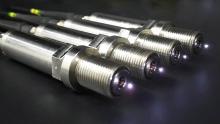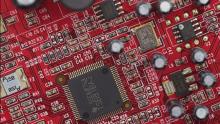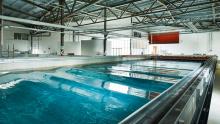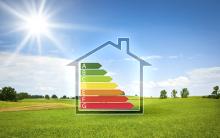Graphene spiced-up anaerobic digestion substantially increases biogas production potential

In nature, bacteria take care of breaking down organic matter from plants and animals. This unique capacity is called anaerobic digestion and has the potential to revolutionise the way we produce energy. But it suffers from two major drawbacks, both of which the EU-funded DIET project set out to overcome.









